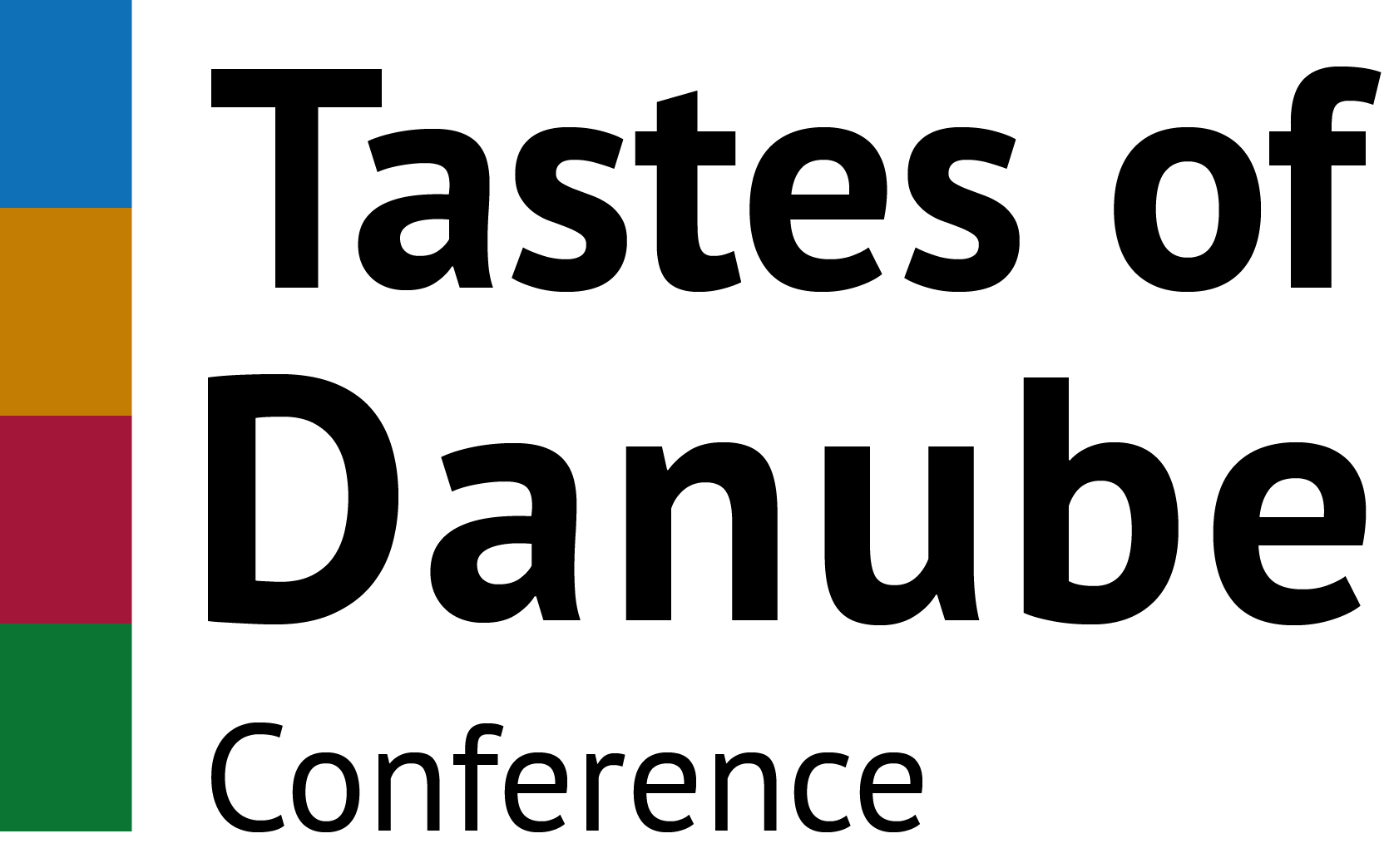THE EATING CULTURE OF THE DANUBE WORLD: DIFFERENCES –TRANSITIONS – COMMON FEATURES, Prof. Dr. Gunther Hirschfelder
The Danube region displays not just a geographic and political structure, but above all a characteristic culinary basis. We can move much closer to the people in the Danube region by getting to know the factors that determine their eating culture; food and nutrition open up new perspectives on innovation phases and cultural transfer.
Watch the video of the lecture HERE
HOW HUMANS BECAME WHAT THEY EAT. THE EVOLUTION OF HUMAN NUTRITION, Prof. Dr. Franz M. Wuketits
The evolution of human diet can be divided into four phases, which become shorter up to the present: ingest food, prepare and store food (cooking, refining, smoking), generate food (agriculture and livestock), waste food (industrial food production, affluent society). From an evolutionary theoretical perspective there are many anomalies and paradoxes characteristic for the last phase, the food waste (e.g. overeating) .
Watch the video of the lecture HERE
POLITICAL AND ECOLOGICAL IMPACT OF TRADITIONAL FOOD, Dr. Ursula Hudson
Traditional food in the Slow Food sense is food that is an expression of eco-cultural diversity of its place of origin. As such it plays a highly important role in safeguarding of ecosystems, of cultural diversity, and not least of the diversity of flavours. Traditional food, without referring to a ‘cosy backward looking concept of traditions, are the ‘product’ of communities, traditional food needs to be taken seriously, to be supported and defended by all of us.
Download the lecture here: Political and ecological impact of traditional Food
Watch the video of the lecture HERE
THE BREAD HOUSES NETWORK: A MODEL FOR COMMUNITY BUILDING, THERAPY AND SOCIAL ENTREPRENEURSHIP THROUGH BREADMAKING, Dr. Nadezhda Savova-Grigorova
Bread Houses Network is based in Bulgaria, where the organization has created two bakeries-social enterprises selling both bread and unique bread-related
services (team building, educational programs, etc.). Nadezhda Savova-Grigorova will discuss how this model can be spread across the Danube region along the envisioned Bread (for Social Change) Cultural Route, with the help of the innovative cooperative game “Bakers Without Borders” as a concrete tool, which was recently awarded the global UN award for Intercultural Innovations.
Download PowerPoint presentation: THE BREAD HOUSES NETWORK_
Watch the video of the lecture HERE
NATURAL, CULTURAL AND PROFITABLE – HOW TO FUNDRAISE FOR NATURAL AND CULTURAL ACTIVITIES IN THE DANUBE REGION AND MAKE THEM SUSTAINABLE, Srdjan Stankovic
In this lecture we will explore different projects in the area of environment and culture. How to approach business sector and fundraise for the companies for cultural and environmental activities? We will explore several aspects:
– How to approach a business company
– What is important to understand about the business sector in order to get the funding for a project
– How to pitch and sell an idea to the company
– Key points to implement in the project that are valuable for the business company
– Marketing of the project
– Sustainability of the projects and funding
– practical examples
Download PowerPoint presentation: Natural, cultural and profitable – how to fundraise for natural and cultural activities in the danube region and make them sustainable
Watch the video of the lecture HERE
